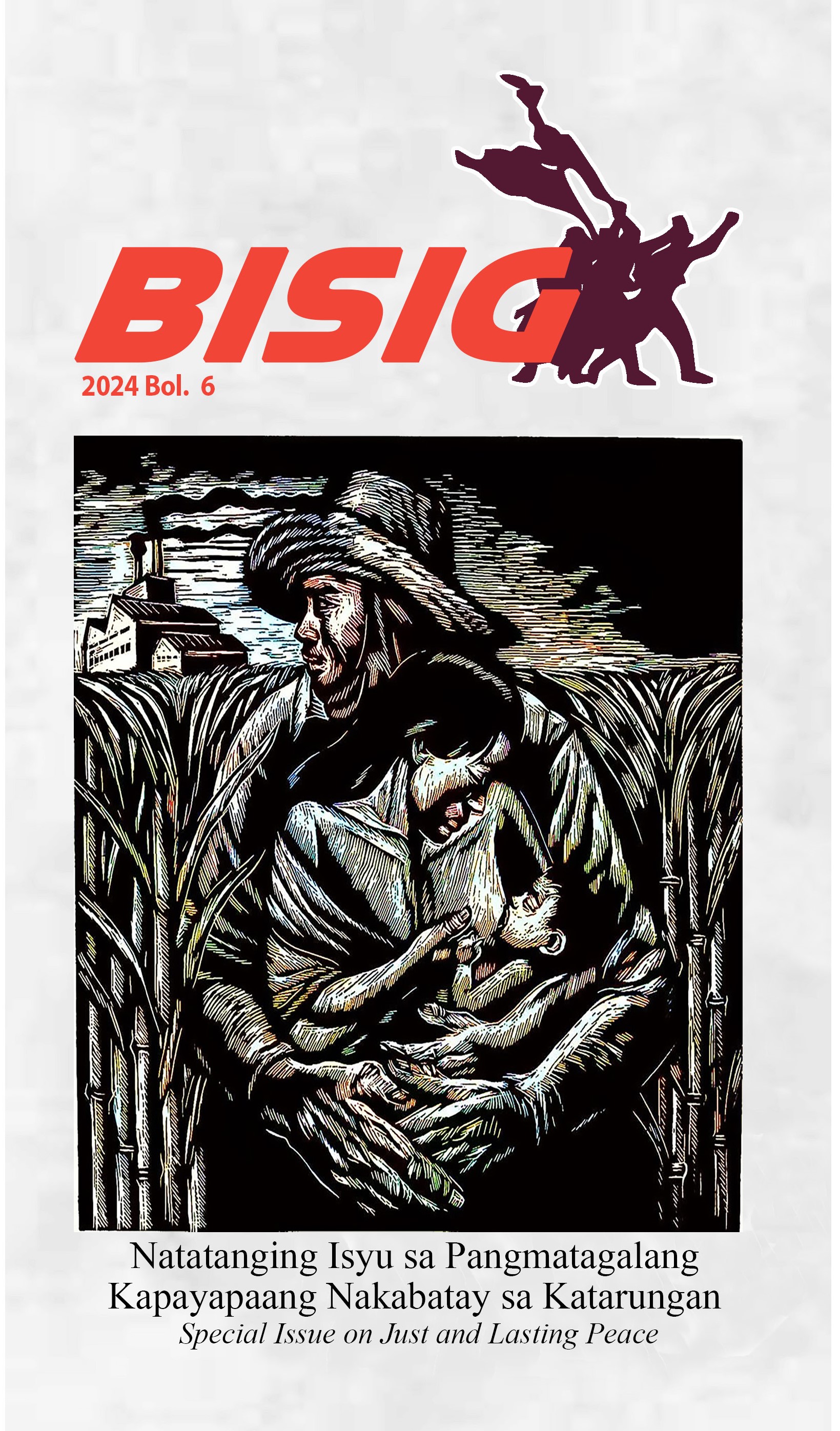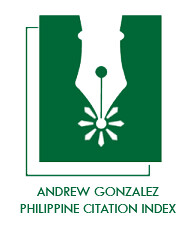EDCA as the Geopolitics of Imperialist Crises and its Threat to Peace in the Philippines
DOI:
https://doi.org/10.70922/t348qf68Keywords:
EDCA, global capitalist crisis, imperialist war, military intervention, Philippine sovereignty, US state of exceptionAbstract
The authors, through the theory of capitalist crisis and the theory of imperialism, aim to make an exposé and critique of the Enhanced Defense Cooperative Agreement or EDCA. We employ a methodological framework of historical-geographical materialism and critique of internal relations, entwined with the crisis theory of capitalism manifesting in its late phase of imperialism. We apply such theories to the problem of EDCA as evidenced by various points and experiences of people living in an area near EDCA sites based on the peace mission conducted by the nationalist democratic alliance organization of Bagong Alyansang Makabayan (New Patriotic Alliance) or BAYAN and Pilipinong Nagkakaisa para sa Soberanya (Filipinos United for Sovereignty) or P1NAS. Moreover, we argue that the United States of America is enjoying proven-and-tested political and military impunity, from its imperial sovereignty to meddle in affairs of other sovereignties, based on the political concept of a global state of exception through American exceptionalism. From the US genocidal spree against the Filipinos during the Filipino-American war at the outset of the 20th century killed revolutionaries and innocent ones altogether; to its nuclear bombing of Nagasaki and Hiroshima; the massacre of Vietnamese during the Vietnam War and Laotian people during Operation Barrel Roll; and to its support of dictatorial states in South America and in Asia to buffer popular antiimperialist politics. We investigate how EDCA poses hurdles for peace since it is a geopolitical agenda of continued US hegemony in the world, particularly extending its rotting power and political paranoia in the Asia Pacific Region, which brings spatial and economic logic for a solution to continuing crises of American and Western capitalist domination. Such historical backdrops provide empirical and historized aspects of why EDCA should be seen as a threat to peace and therefore must be continually exposed and resisted.
Downloads
References
Downloads
Published
Issue
Section
License
Copyright (c) 2025 BISIG

This work is licensed under a Creative Commons Attribution-NonCommercial 4.0 International License.





